Healthy eating takes on a new meaning after turning 60. The metabolism changes, nutritional needs shift, and the body becomes more vulnerable to pain and chronic illnesses. Food becomes a way to stay healthy and energized, and help prevent diseases. Vitamin D, vitamin C, vitamin K, and vitamin B12 used to be words on the side of a cereal box, but now they hold more weight. Now, foods with these vitamins and other nutrients should become a diet mainstay.
Fatty Fish
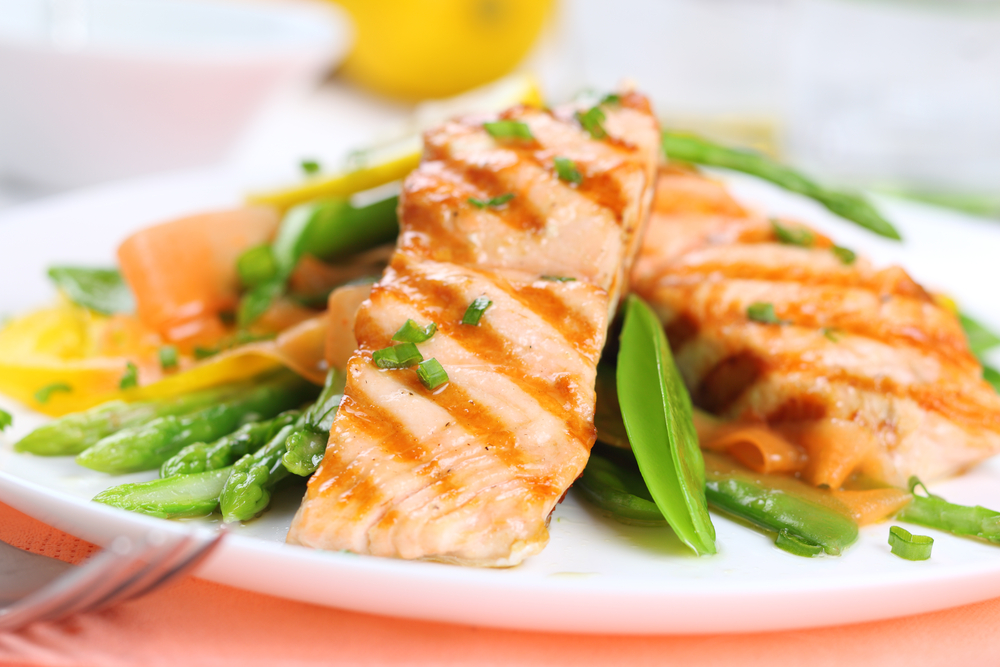
Eating fatty fish like salmon provides a plethora of nutrients that can benefit people after 60. First off, they are a great source of protein, which is imperative for maintaining muscle mass. Secondly, they are high in vitamin D, which maintains bone health by aiding the absorption of calcium. Research shows that vitamin D also helps prevent falls and related injuries by improving balance and muscle strength. Salmon in particular is high in vitamin B6, which can support immune function, cognition, and heart health, according to the Nutrition Source.
Leafy Greens
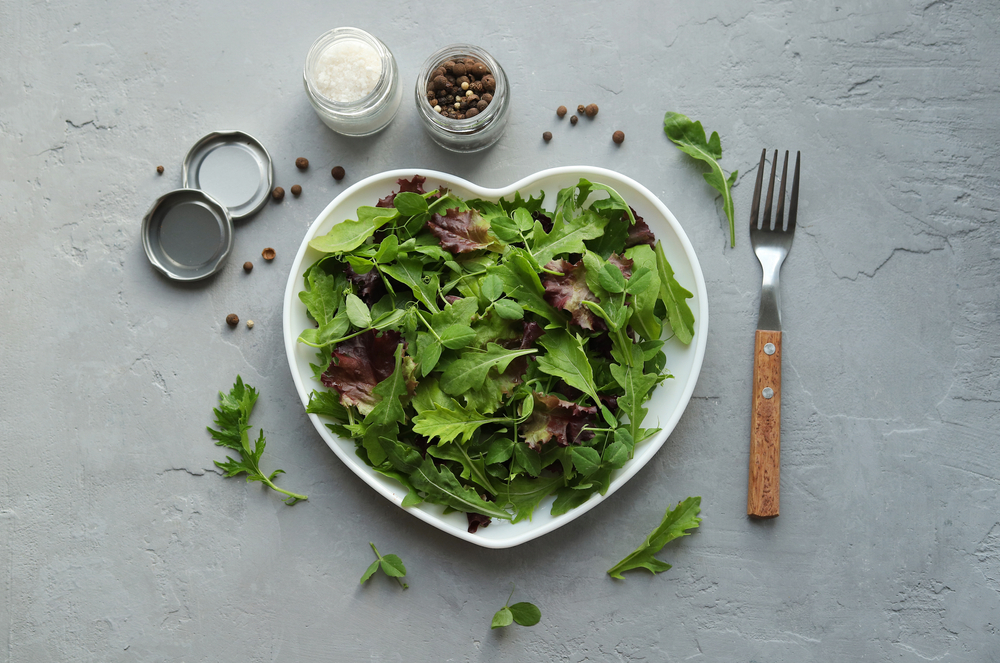
Leafy greens, especially dark-colored ones like spinach and kale, are full of carotenoids. Research has shown that these pigments help protect eyes from oxidative damage. This occurs naturally with age and can lead to eye disease like cataracts and glaucoma, says a 2023 study. They also tend to be rich in vitamin K, which can help prevent osteoporosis. However, the National Council on Aging (NCOA) warns that leafy greens may interact with blood-clotting medication and the blood-thinning drug warfarin, so speak to your doctor about adding more greens to your diet.
Peppers
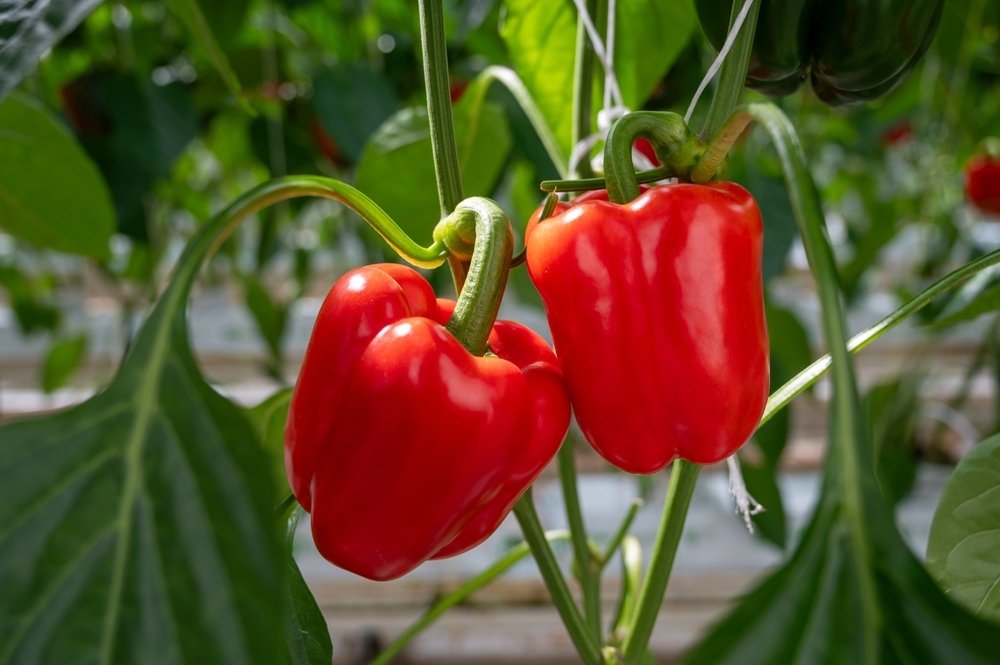
Peppers are very high in vitamin C, even more so than oranges, particularly red, yellow, and orange bell peppers and chili peppers. This antioxidant is famous for supporting immune function, but it does much more than that. For one, it helps the body absorb iron, which can be helpful since deficiency is fairly common among older adults. It also supports the function of brain cells, which is why scientists are currently investigating its potential to fight Alzheimer’s disease, according to the NCOA.
Blueberries
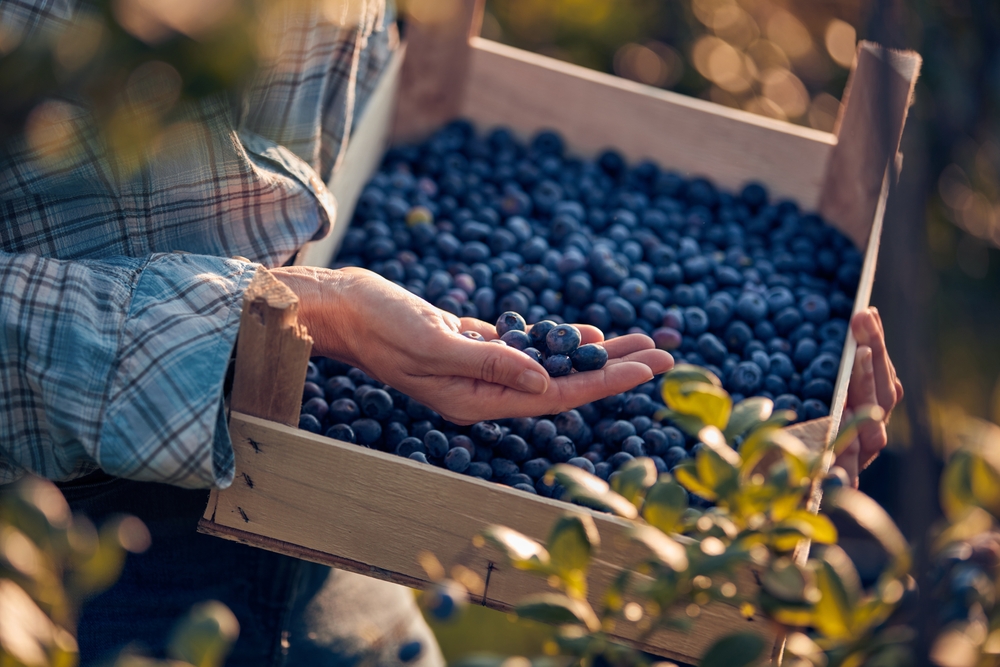
Blueberries contain a type of flavonoids called anthocyanins. A recent study looking into dementia has shown that people with high levels of inflammation showed enhanced cognitive performance after anthocyanin treatments. Further future trials are needed to determine how anthocyanins could be used to help people at increased risk of dementia. Blueberries also famously contain antioxidants that protect cells from free-radical damage, which can reduce the risk of cancer and cardiovascular disease.
Read More: 8 Anti-Aging Fruits to Help Live a Long and Healthy Life
Nuts and Seeds
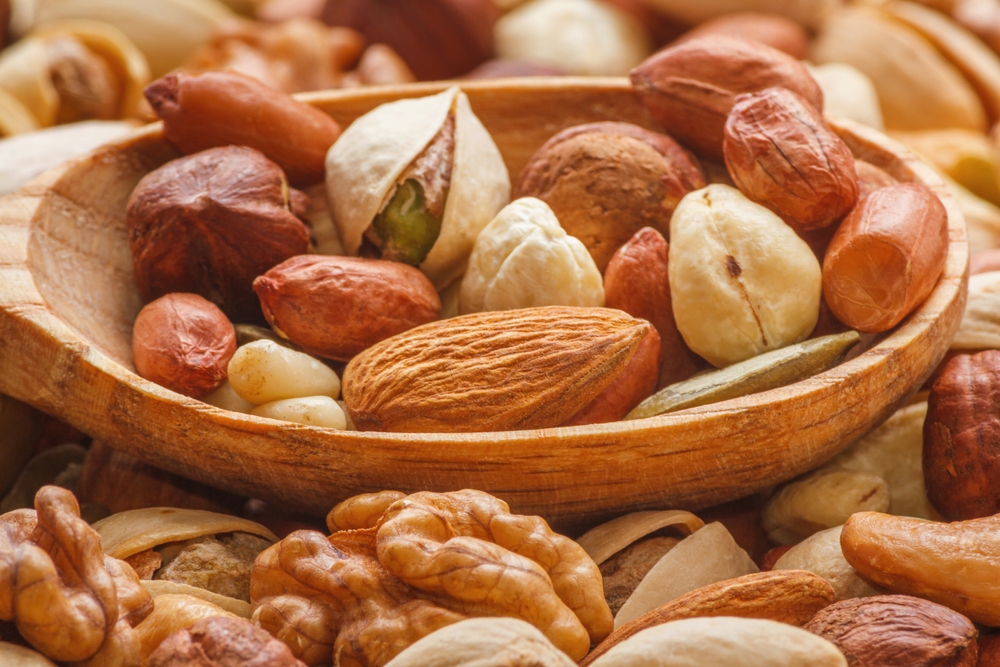
Nuts are full of plant protein, fiber, antioxidants, and monounsaturated fats that may help lower the risk of heart disease. Popular choices include almonds, walnuts, pistachios, cashews, pecans, and hazelnuts. Meanwhile, seeds are another superfood with protein and fiber, and each type comes with their own nutritional profile. A study from 2022 found that chia seeds contain elements that can help prevent gastrointestinal diseases, cancer, and heart disease.
Beef Liver
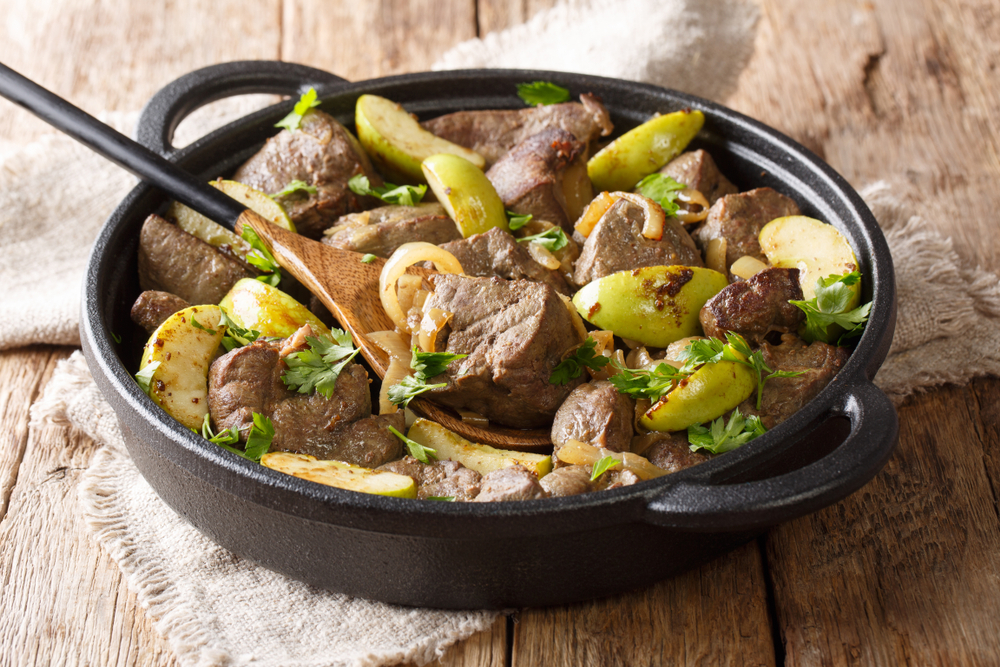
Iron and vitamin B12 are two healthy nutrients especially important for people over 60, and both can come from eating beef liver, according to WebMD. Iron supports energy levels, immune function, and prevents cognitive issues, and vitamin B12 supports nerve health, bone health, and eye health. Older adults are at a higher risk of vitamin B12 and iron deficiency because aging-related factors can cause poor absorption. If this is the case, doctors may recommend supplements instead. Meanwhile, those with cholesterol concerns should speak with their health care provider before adding beef liver to their diet.
Bananas
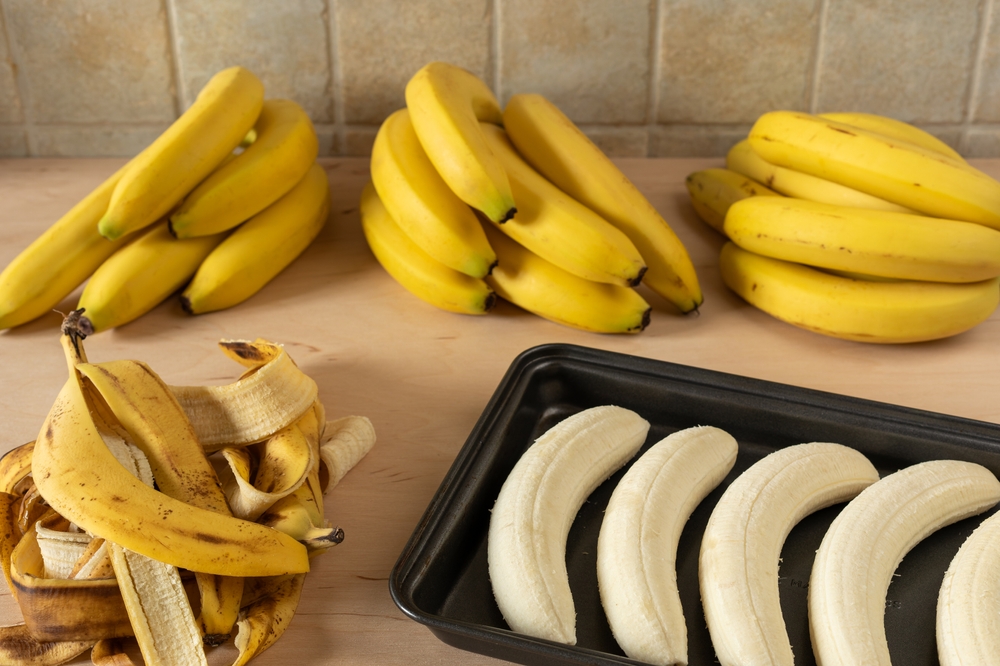
Hypokalemia, also known as potassium deficiency, can lead to a number of health concerns including high blood pressure, constipation, fatigue, muscle paralysis, and irregular heart rate, according to UCLA Health. This is because potassium can help counteract sodium and relax blood vessel walls. Research has also linked this nutrient to bone mineral density and reduced calcium loss, which can help lower the risk of fractures and osteoporosis. Although bananas are most well-known for being a source of potassium, other foods contain more of this nutrient, namely white beans, potatoes, and Swiss chard, according to the DGA.
Water

Water is a no-brainer when it comes to healthy eating, but it must be emphasized for people over 60. This is because the sense of thirst dulls with age, which can put the body at risk for dehydration, says Cleveland Clinic. So when an older adult does feel thirsty, they may already be in the early stages of dehydration. Water is crucial for almost every body function, and dehydration can cause fatigue, dizziness, headaches, muscle cramps, chills, dry mouth, and heat intolerance. Instead of waiting for the cue, adults over 60 should put water into their routine, take sips even when they’re not thirsty, and start eating healthy hydrating foods like cucumbers, watermelon, and celery.
Read More: 9 Ways To Help Keep Your Joints Healthy as You Age

